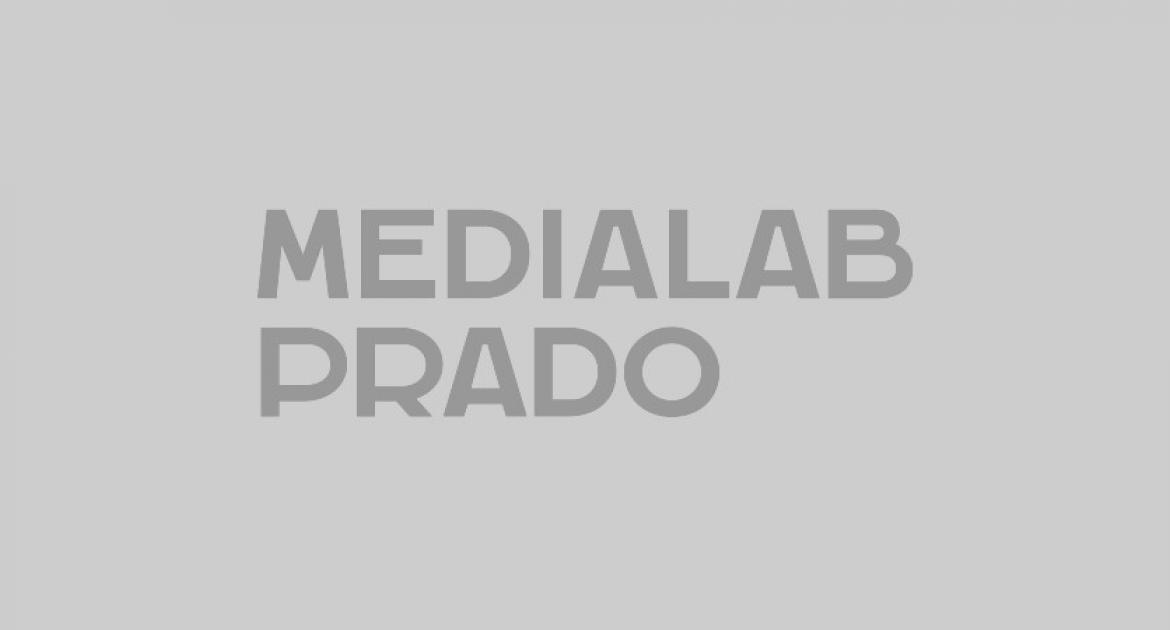Call for Collaborators: Interactivos?'10 in Brazil

The call is aimed at all those interested in participating in one or more interdisciplinary teams that will develop selected projects during the collaborative workshop. Lodging for 20 collaborators will be providades, in a first-come, first served basis.
Workshop tutors: Arturo Castrobio, Fernando Rabelobio and Kiko Mayorga. Invited researchers: Eduardo de Jesus, José Cabral and Marcus Bastos.
Selected projects
These are the projects you can take part in:
· 3rd Person Me, by Victor Dias and Fernando Mendes (Brazil).
The idea is to build an engine for displacement of vision itself, placing it in an external point of view, away from the body. A camera attached to a costume captures and transmits in real-time the image of the user to a glasses-screen, replacing his/her vision for a record in the third person of himself/herself. This system of "companion camera" puts the user’s view in a view that is commonly associated with action games.
· Transmissão de Som por Ruído Eletromagnético, by Brayhan Hawryliszyn, Calebe Giaculi, Christiano Candian, Claudio Cunha, Luis Castilho, Marcos Saturnino, Pedro Retes, and Rodrigo Borges (Brazil).
This project explores the unconventional use of common devices, such as analog monitors or CRT monitors, and equipment considered obsolete since the recent emergence of LCDs. The inner working of these devices, which use electron guns to form images, allows the unconventional use here proposed. The project aims to transfer music between a monitor and a radio. A modular software would be responsible for sound transmission in conventional standards for AM, which could be heard on any radio receiver.
· Simples Coisas Sonoras, by Filipe Calegario (Brazil).
The idea for the Simple Things Sound is to build small prototypes of controls (or instruments) by working with simple materials and objects of our day to day, such as broomsticks, clothespins, aluminum foil, milk cans, PET bottles, nails, wires, among others. It is an experience of interaction focused on music, investigating the best way to combine simple elements in order to build electronic controllers that synthesize sounds and give visitors the chance to make music through them.
· Um jardim para Epicuro, by Cinthia Mendonça (Brazil)
To cultivate an electronic kinetic garden, dynamic, in which micro mechanisms will be installed in the plants, flowers and seeds that after being touch will interact with shocks, images and sounds. An empiricist garden built collaboratively. A microcosm garden, a kind of aromatic garden with electric shocks.
· OES Open Energy Supply, by Fran Gallardo (Spain).
This proposal aims to develop an autonomous system of continuous electricity. A concentrator solar and wind generator produces enough electricity to one or more electronic devices (in the range of 25 to 250 W), stored in a battery for consumption. The generators will be inflatable, removable, recycled materials made; and readily available. Against the model of patents and trademarks, we propose that the design will be open, with extensive documentation on each of the parties, which may subsequently be amended, improved and expanded.
· Analogous Chat Machine, by Francisco J. Pinzón L (Colombia).
The project proposes an analogous chat machine, built from two mechanical typewriters, ropes and pulleys to connect them. The machine presents an alternative way of telecommunication, which does not use electricity to work and has as its functional purpose the allowance of the users to chat with each other at no so distant locations, while questioning the real preconditions of technological development.
· (SPAM) Sistema Público de Auto Marcación, by NerdBots: Camilo Martinez + Gabriel Zea (Argentina)
SPAM is a public system of dissemination of messages based on the strategies of unwanted advertising (spam) using the fixed telephone network. The platform allows you to record a message to anyone with access to a telephone line, to be transmitted to another phone line through an automatic dialing system. The infrastructure of fixed telephony is in the process of obsolescence due to penetration of mobile telephony, instant messaging (sms) and email. The project aims to recover the fixed telephone network and turn it into a distribution system and bidirectional communication, anonymous and massive, using automated procedures for recording through available technologies.
· Object Oriented Therapy Center, by Geraldine Juárez and Magnus Eriksson (Sweden).
OOTC is a therapy center for maladjusted objects. Using hacking, philosophy and anti-psychiatry the goal is to identify the real potential of these objects. Instead of repairing discarded objects in order to integrate them functionally into society, we will design a treatment to understand and realize their full potential beyond their use given by human society. We want to hear what the objects have to say. What do the objects want? To be autonomous from us humans or be interdependent? To be expressive or be left to their own devices? We believe that are more to technological objects than the role they have been assigned in human society.
More information: interactivos(at)marginalialab.com
Credits
The event is organized in Belo Horizonte through a partnership between Marginalia+Lab
and the project Ocupar Espaços, integrating the cultural program Vivo Arte. Mov. The event is sponsored by VIVO through the State Law of Cultural ncentive of Minas Gerais. The event also counts with the collaboration of Medialab-Prado and Centro Cultural da Espanha em São Paulo.
Organization:
Collaborators:

Sponsor:




 Medialab-Matadero Madrid
Medialab-Matadero Madrid